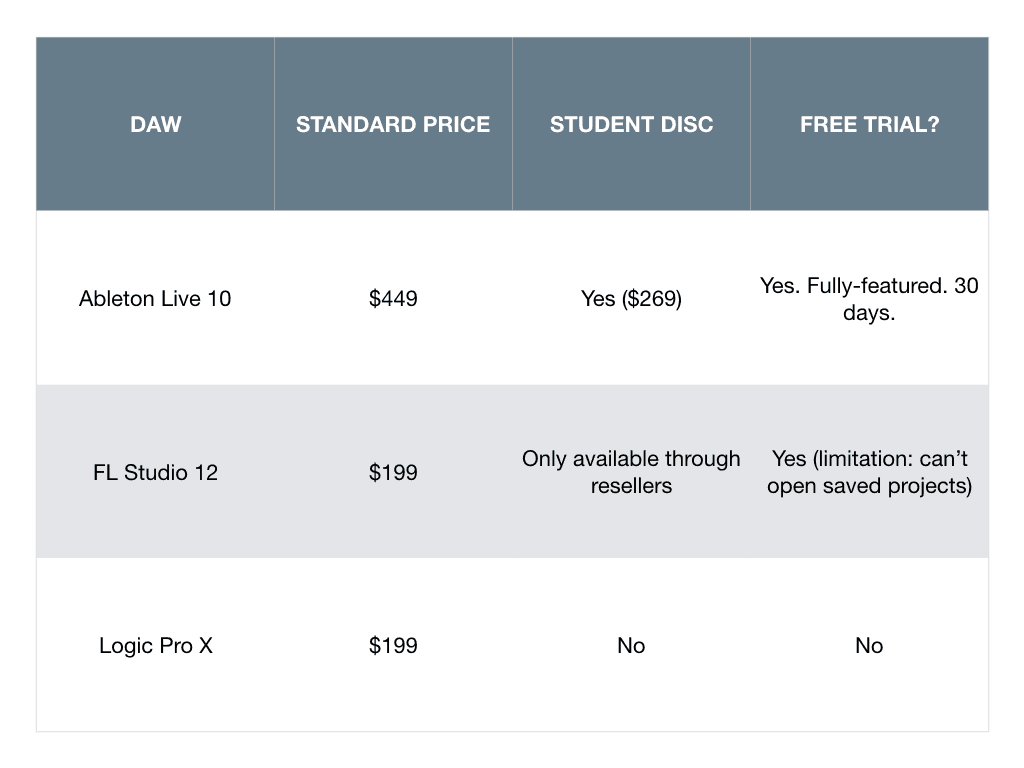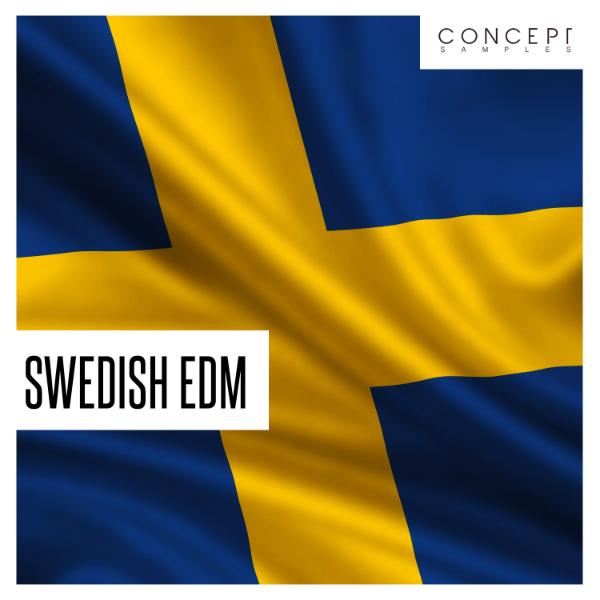


- Logix pro or fruity loops for edm driver#
- Logix pro or fruity loops for edm software#
- Logix pro or fruity loops for edm free#
Dambrin is quick to dismiss the idea, though he admits that the graphics of the software perhaps maintained a video game feel. Hudson Mohawke, Skream and Jonwayne all graduated from Playstation loop-making to FL.Ĭonsidering Image-Line’s origins in games, I wondered if that element of the software was perhaps intentional. Grime producer Darq E Freaker says that at his school “everyone had FruityLoops on their computers at home and making tunes was more like a game.” In fact, producers often came to FL by way of actual video games, having spent hours on games like Music Creation For The Playstation in the early 2000s. Los Angeles rapper and producer Jonwayne likens its interface to “water,” with other production software feeling “more like blocks of wood sliding all over each other.” Dambrin credits the ease of use to the development team’s lack of musical knowledge. At a time when Pro Tools was still seen as an industry standard for Digital Audio Workstations along with Cubase and Logic, FL Studio uncomplicated DAWs for the masses. He compares the situation to the one that forced inner city youths to transform turntables from record players to music-making machines.Īnother fundamental appeal of FL has been its playful quality. For Grammy Award-winning producer 9th Wonder it was a no-brainer. MPCs, the workhorses of hip hop, remained an expensive proposition while FL’s step sequencer offered an inexpensive solution with its sample-based drum machine.
Logix pro or fruity loops for edm free#
The free software was a boon to aspiring hip hop producers. “No one should pay for software if they can’t even buy food, and I assume those that use it seriously enough will end up buying it.” For Dambrin, piracy “is what it is.” He acknowledges that it’s a form of advertisement and that he can’t “throw a stone at anyone” because he became a programmer thanks to early piracy. FL’s availability as a demo on, as well as through early peer-to-peer sharing networks like Kaaza, meant that word of mouth was enough to turn more and more people onto it. The software arrived at a crucial time when internet connectivity was helping to democratise music making.

Though FL didn’t start out as a sequencer, he noticed people were using it as such and so Image-Line soon added sequencing and a sample-based drum machine to the package, two cornerstones of its enduring success. Dambrin was convinced that audio-generating music software would soon overtake MIDI-based ones and as such he credits FL’s early success to timing. Keeping the simple and addictive interface that had made 1.0 a hit, FL soon evolved away from MIDI and towards audio. Days after the demo was made available on the company’s website, the servers crashed under the weight of demand.

Image-Line wasn’t sure what to do with Dambin’s creation but once they shared it with the world, people figured it out. Inspired by the Hammerhead Rhythm Station, an emulation of the TR-909 drum machine, and Rebirth 338, an early software synthesiser, FruityLoops was an attempt at merging the two into something new. Despite having no musical training and little interest in making music, in 1997 he developed FruityLoops 1.0 as a MIDI-only step sequencer. That all changed when they hired a French developer by the name of Didier Dambrin. It originates with a company called Image-Line, whose early software offerings included Porntris – an adult version of Tetris. Even hip hop owes a debt to FL Studio, as the software enables the productions of Academy alumni Hudson Mohawke, Hit-Boy, Lex Luger and 9th Wonder.įruityLoops is an unlikely success story.
Logix pro or fruity loops for edm driver#
In the UK it was integral to the development of grime and dubstep – and elsewhere it has been a technological driver in hyper-localised scenes such as The Netherlands’ Afro-Caribbean bubbling and Mexico’s tribal guarachero. Despite its modest beginnings in Europe’s bureaucratic heart, FL Studio – formerly known as FruityLoops – became the defining music software of the ‘00s. There’s a saying that “it’s not the tool, it’s the artist.” In the case of FL Studio, though, you could argue that the tool helped shape the artists just as much as the artists helped popularise the tool.


 0 kommentar(er)
0 kommentar(er)
